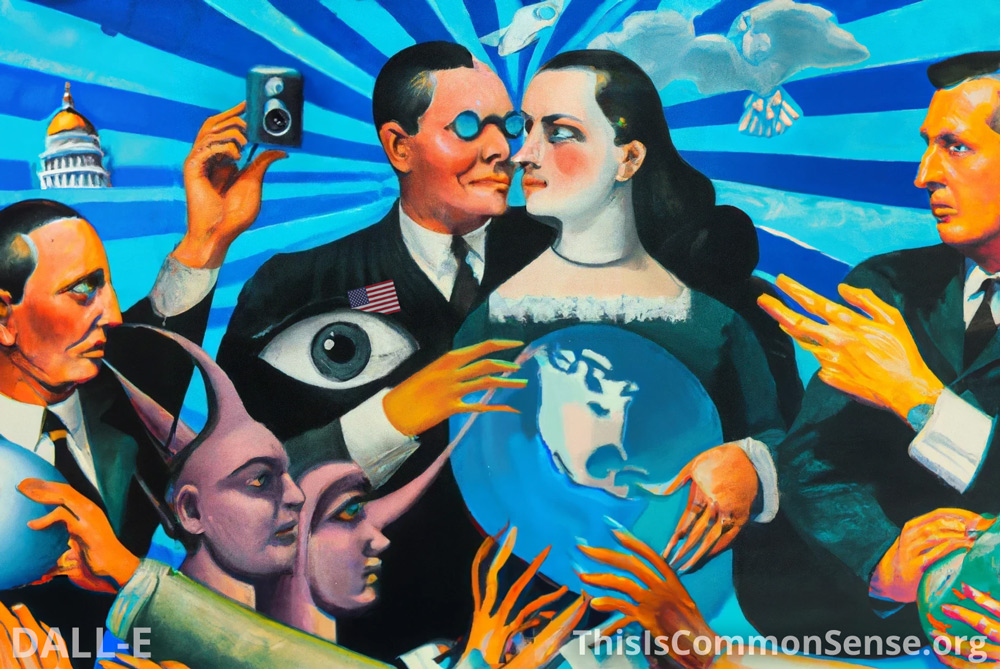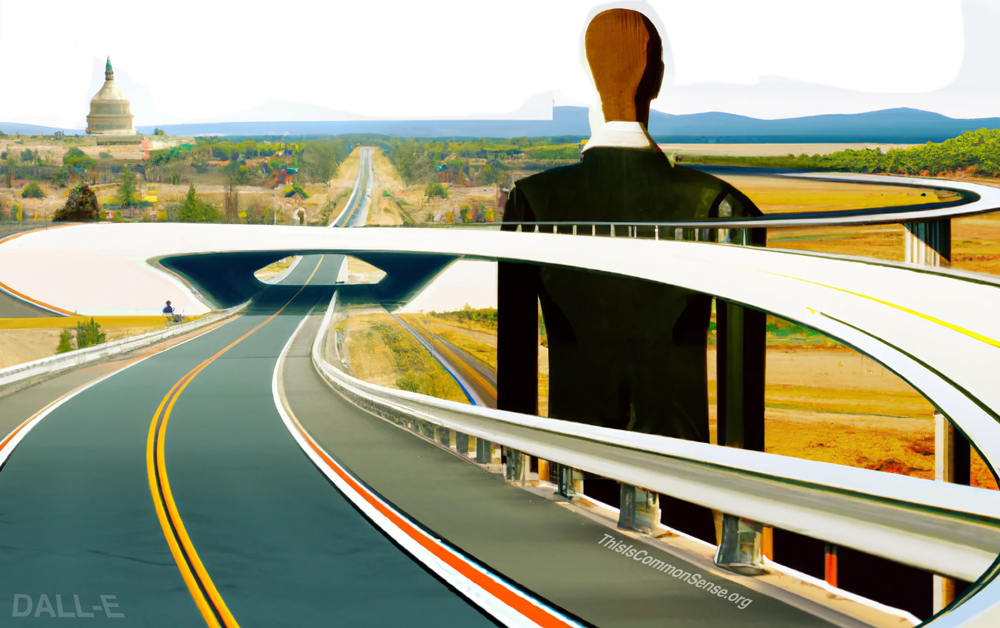Using PayPal never guaranteed smooth sailing.
But until recently, the problems users encountered mostly pertained to PayPal’s targeting of fraud — not with whether a user uttered wrong thoughts or pursued projects disfavored by corporate implementers of a Chinazi-style social credit system.
More and more, though, PayPal is informing individuals with unwelcome thoughts that they can no longer use PayPal and that PayPal will hold their funds “for up to 180 days … we’ll email you.…”
PayPal has, for now, rescinded — or partially and temporarily rescinded — policy provisions pledging to fine users $2,500 for “misinformation” or “hate speech.”
But PayPal is still targeting thinkers of wrongthink.
An example is Eric Finman, whose Freedom Phone provides access to apps banned elsewhere. After ousting him, PayPal held onto $1.2 million in his PayPal balance. Finman eventually recovered the money, but the delay “killed all the momentum.”
Biologist Colin Wright was ejected for criticizing gender ideology. PayPal won’t confirm this without a subpoena. But these and many other examples follow a similar pattern. Often, PayPal comes down like a ton of bricks right after a user utters a viewpoint PayPal dislikes.
I’m appalled. Many of PayPal’s founders — Peter Thiel, Elon Musk, David Sacks and Max Levchin — are appalled. They say that PayPal’s original mission of empowering people is being perverted.
We’ve seen how government officials and partisan political operatives have whispered in the ears of Facebook and Twitter, instructing such companies to censor and deplatform users. Are they also instructing PayPal?
This is Common Sense. I’m Paul Jacob.
Illustration created with DALL-E2
—
See all recent commentary
(simplified and organized)





